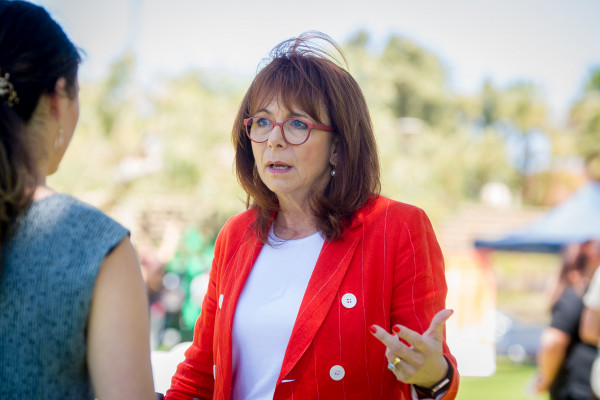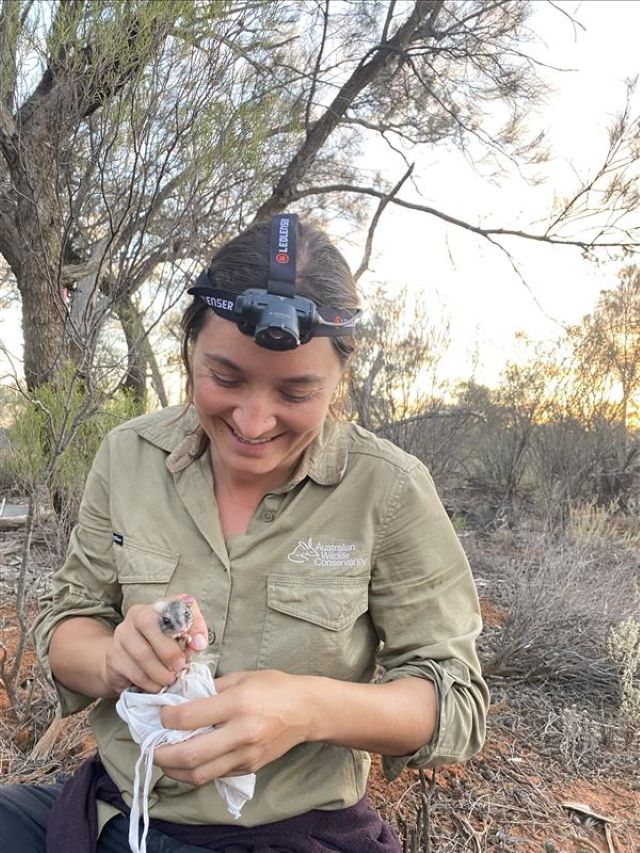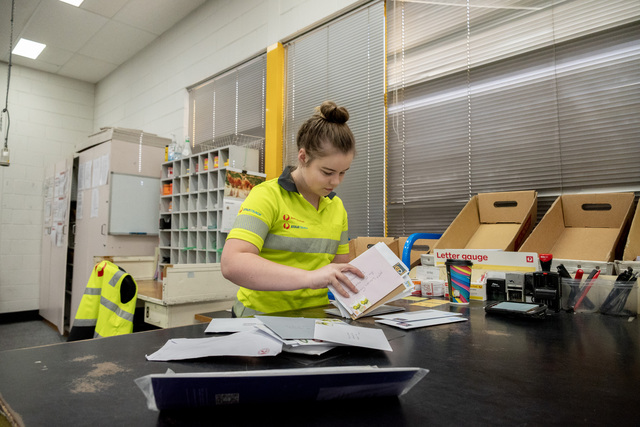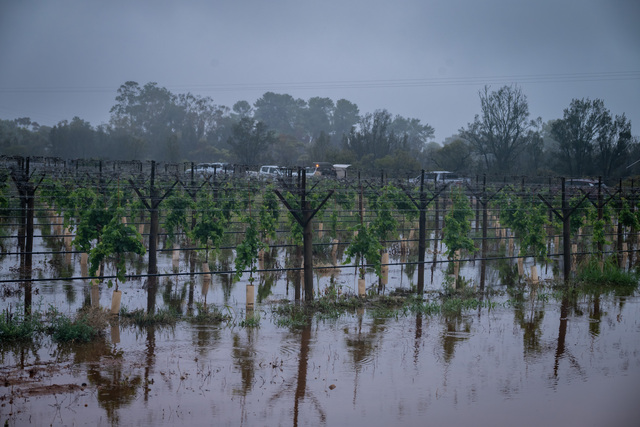SUNRAYSIA fruit and vegetable producers will have access to skilled and semi-skilled migrant workers under a new agreement announced this week.
The Horticulture Industry Labour Agreement (HILA) allows farmers to sponsor migrant workers under the temporary skill shortage visa for a total of 31 approved occupations and for permanent residency.
Member for Mallee Anne Webster said local growers could use the agreement from January 1.
“We listened to our growers and we understand the issues they face,” Dr Webster said.
“We want to ensure the continued success of our growers and that’s why the government has worked closely with the horticulture industry in delivery this new labour agreement.
“This is the next piece of the puzzle in developing a sustainable, legal workforce.”
Dr Webster said the Regional Agricultural Migration Program (RAMP) was the first piece and government was working to ensure it was successful.
“(Monday’s) announcement is the next step to complement the RAMP and ensure we have the right workers in the right place at the right time,” she said.
Citrus Australia chief executive officer Nathan Hancock said the new agreement would prove beneficial to citrus businesses across Australia and help them remain competitive internationally.
Mr Hancock said labour shortages were becoming increasingly problematic for the expanding citrus industry, which was a significant contributor to rural and regional communities and the national economy.
“When citrus businesses are unable to source the professional labour they need from within Australia, the HILA will enable them to find skilled people to fill positions in areas of management, specialist computing equipment, electricians, pest scouts and agronomists, among others,” Mr Hancock said.
“This agreement will enable us to continue producing the world’s best fruit in a highly competitive global environment.”
The agreement follows the success of labour agreements in industries such as dairying, meat and pork.
It complements existing migration programs to support regional employers, including the Working Holiday Maker Program, Seasonal Worker Program, the Pacific Labour Scheme and Designated Area Migration Agreements.

















